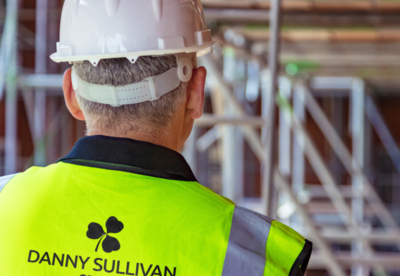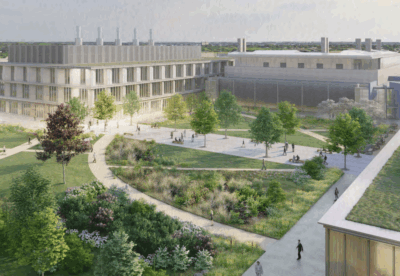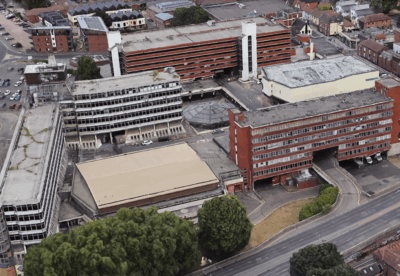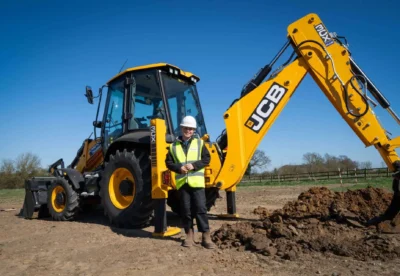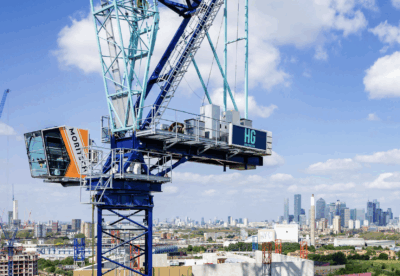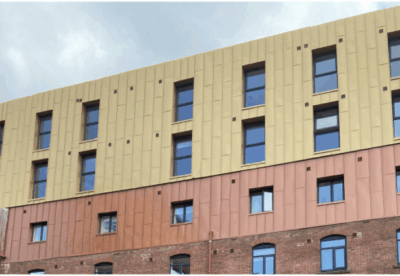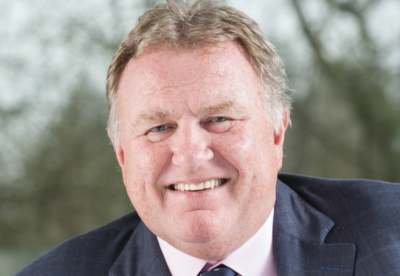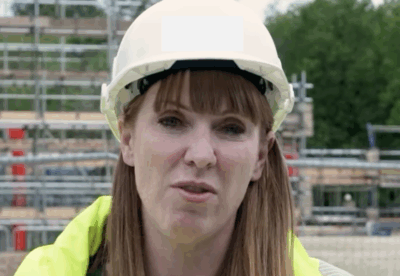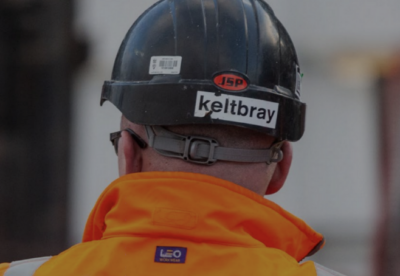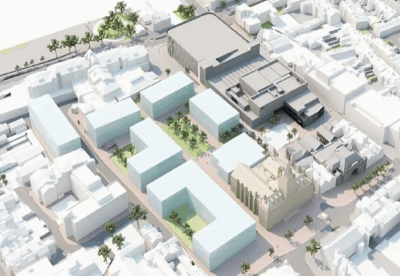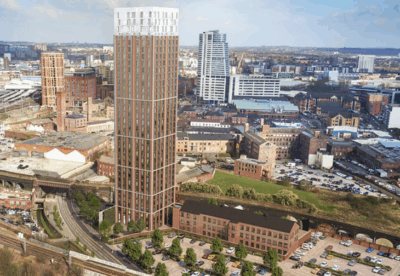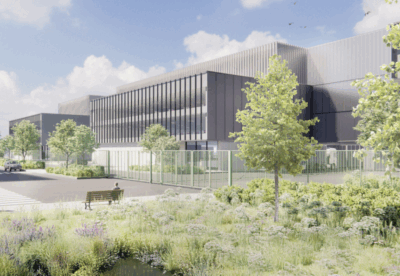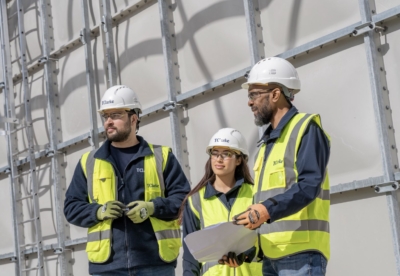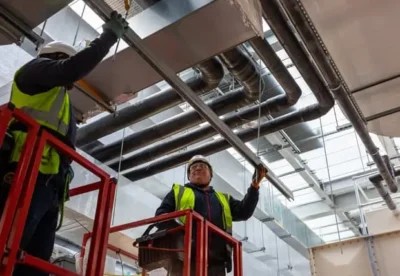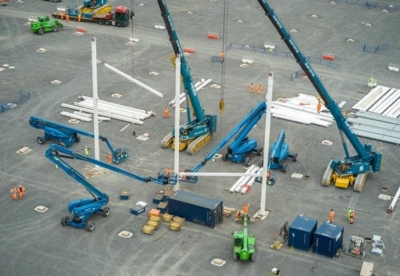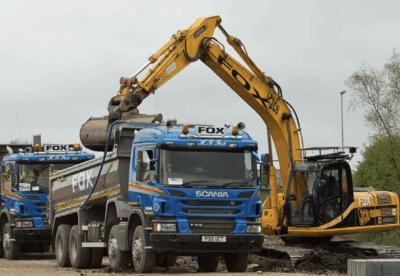
Galliford Try’s joint venture with Dragados, Hochtief and American Bridge International opened the Queensferry Crossing two weeks ago. The cost of delays due to high winds on the project will be met by the consortium.
The firm revealled the shift away from high-risk projects as problem contracts – the Queensferry Crossing and the Balmedie-Tipperty section on the vast Aberdeen Western Peripheral Route project – plunged the construction division into an £89m loss.
The two legacy projects, not officially identified by Galliford Try, holed group pre-tax profits, which fell nearly 60% to £59m. Strong performances at Linden Homes and Galliford’s partnerships housing business helped to off-set a one-off charge of £98m.
Over the 12-month period, ending in June, revenue was up 7% to nearly £2.7bn.
Peter Truscott, chief executive, said construction’s problems had been confined to just the two projects and said the re-focussed business was expected to return to 2% margin by 2021.
“We have put into place rigorous processes to ensure a more disciplined approach towards project selection.
“Today, we are focusing on lower-risk public and regulated sectors and two-stage negotiated work, rather than large infrastructure projects on fixed-price, all-risk contracts which these legacy projects were.
“As these challenging contracts draw closer to completion, we are encouraged by the performance of our new contracts. “
He added: “During the year, we improved our risk management process for project selection, increasing our rigour in choosing which projects to take on. This selectivity is increasingly reflected in our culture and is resulting in more projects being ruled out earlier in the selection process.
“As our legacy positions close out we expect margins to improve as we work towards our 2021 target of at least 2.0%.”
Within the construction division, infrastructure booked a £77m loss, while building accounted for a £12m loss – the latter based on closing three completed building projects.
Going forward construction will bid for Highways England, water and energy work but avoid PFIs like the Heads of Valleys dualling in Wales and the Lower Thames Crossing.
Based on the performance of the three key divisions, Truscott also revealed Linden Homes had been targeted to raise completions from 3,296 in 2017 to around 5,000 by 2021.
The partnerships and regeneration business is also expected to show good growth, raising completions from 2,594 – including 2,000 equivalent contracting units – to 4,200 over five years, with revenue almost doubling to £650m on margins of 6%-7%.
Truscott added: “While the one-off costs relating to legacy contracts in construction have impacted the reported financial performance, we remain confident in the prospects for the business, with the underlying portfolio of newer contracts performing well, and simplified and strengthened processes proving effective.
“Reflecting our strong underlying performance we are proposing an increase in our full year dividend of 17% to 96p per share.”






 (300 x 250 px) (2).png)

